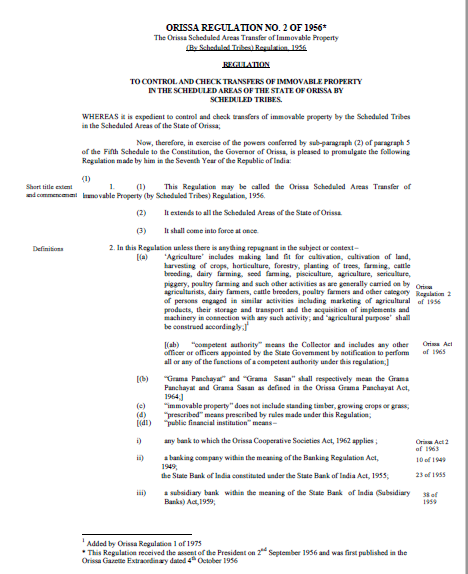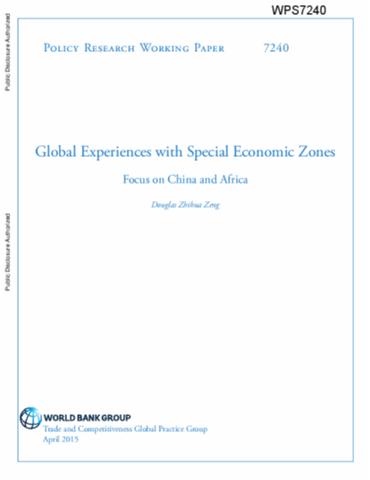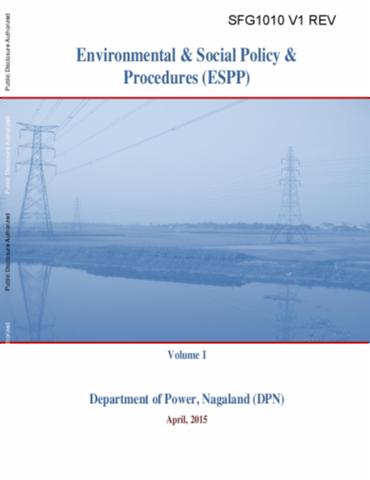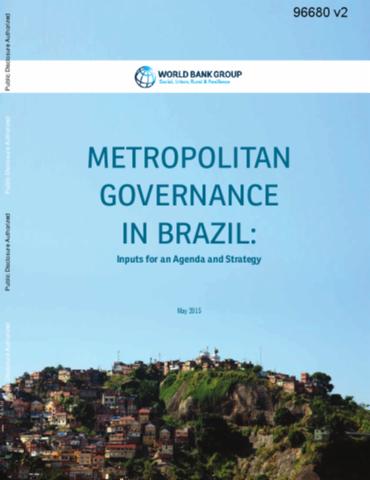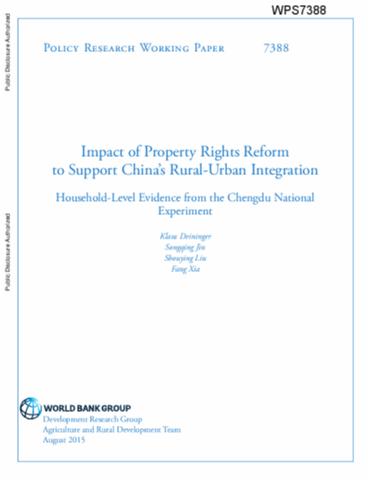Indigenous Territories and REDD in Latin America: Opportunity or Threat?
An important proportion of Latin America’s forests are located in indigenous territories, and indigenous peoples are the beneficiaries of about 85% of the area for which local rights to land and forest have been recognized in Latin America since the 1980s. Nevertheless, many of these areas, whether or not rights have been recognized, are subject to threats from colonists, illegal loggers, mining and oil interests and others, whose practices endanger not only the forests but also indigenous people’s territory as a whole.


